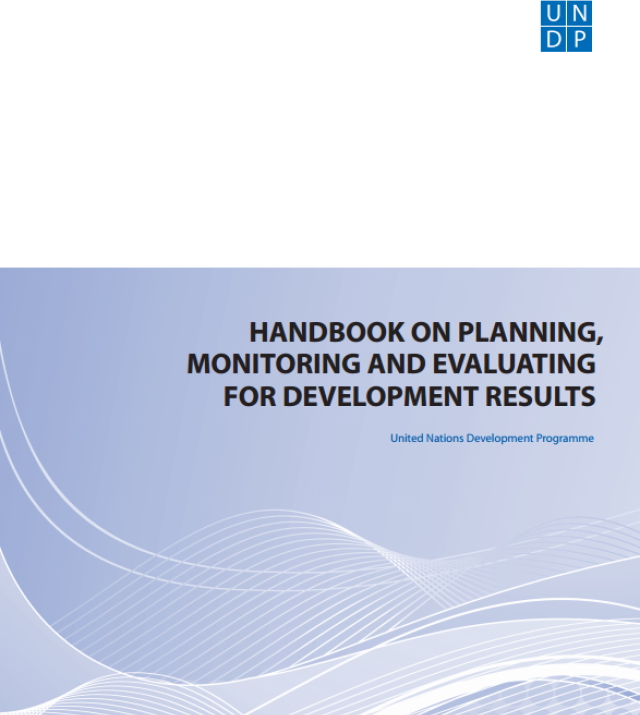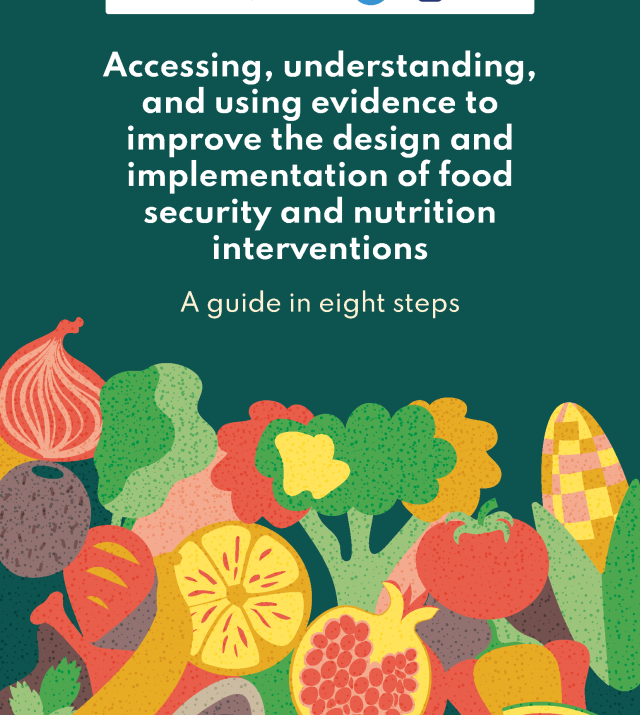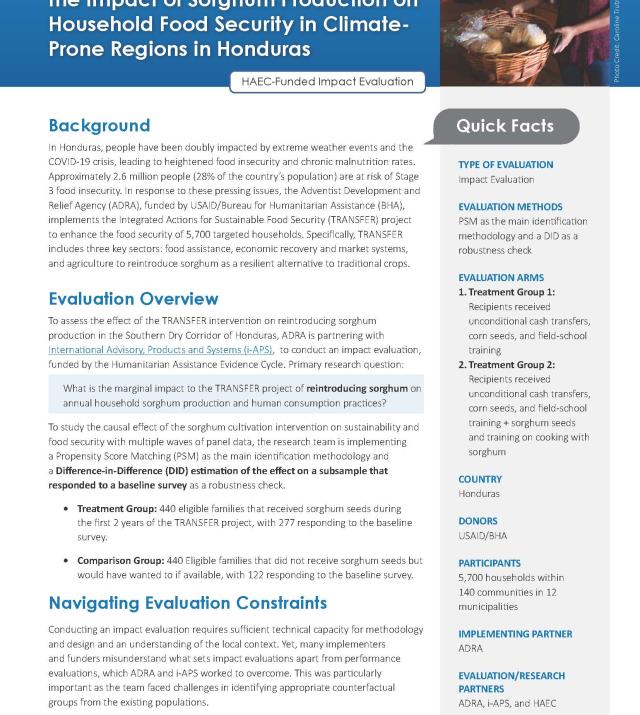
The Resilience Recurrent Monitoring System (RMS): A Landscape Review

Measuring resilience requires tools that can capture how individuals, households, and communities draw on resources and employ strategies to respond to shocks and stresses and how this affects their wellbeing trajectories in the short and long term. A key resilience measurement tool for capturing these dynamics is the recurrent monitoring system (RMS).
In 2019, the Resilience Evaluation, Analysis and Learning (REAL) Award developed an RMS Practical Guidance Note based on REAL partners' experiences with RMS. However, several RMS have been fielded globally by multiple researchers and monitoring and evaluation (M&E) professionals, resulting in a wealth of knowledge and experience that goes beyond the existing guidance. This knowledge and experience have yet to be systematically aggregated, discussed, and documented collectively by resilience researchers and implementers to identify the strengths and drawbacks of different approaches to RMSs for different purposes. To this end, the REAL Award is bringing together a group of global RMS designers and consumers to explore RMS implementation challenges and put forth collective recommendations for RMS application in humanitarian, development, and peacebuilding programs.
This report begins by outlining the objectives of this RMS technical consultation, research questions, and methodology employed for the landscape review phase. The next section describes the current state of RMSs by summarizing the trends and characteristics observed by reviewing RMS reports and protocols. The following sections describe the value, challenges, solutions, and future opportunities of RMSs based on key informant interviews. The report concludes with a section outlining the next steps in this technical consultation.

